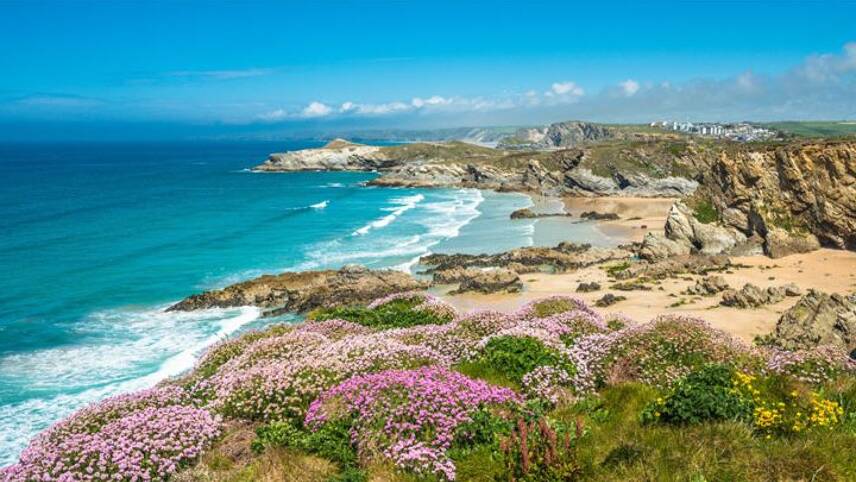Register for free and continue reading
Join our growing army of changemakers and get unlimited access to our premium content

The geothermal well is located in Cornwall
Groups including Greenpeace and Oceana have been urging the Government to add an extra layer of conservation requirements to the rules around Marine Protected Areas (MPAs) for some time. A particular point of contention is that “bottom trawling” fishing practices are still allowed at an industrial scale within MPAs. Oceana claims there were 68,000 hours of bottom trawling in MPAs last year alone. This practice can damage habitats on the seabed, disturbing the patterns of plants and animals.
These calls to action had been backed with an independent review commissioned by the Government; the Benyon Review, led by former Environment and Fisheries Minister Richard Benyon between 2019 and 2020.
Now, to coincide with World Oceans Day, the UK Government has announced plans to introduce a new class of Highly Protected Marine Areas (HPMAs), where “all activities that could have a damaging effect on wildlife or marine habitats” will be banned.
A list of potential HPMA sites will be drawn up by the end of 2021, the Department for Food, the Environment and Rural Affairs (Defra) has confirmed. The first HPMAs will then be designated in the first half of 2022. Currently, the ‘Blue Belt’ of MPAs covers 38% of UK waters.
“We must strike a balance in supporting sustainable industries while increasing protections for our seas to ensure a healthy, resilient and diverse marine ecosystem and we will work with others as we develop future protections,” Environment Secretary George Eustice said.
Green groups have expressed a desire for Defra to ensure that new oil and gas exploration and extraction is banned in the HPMAs. Some are also putting forward the case for broader protection.
“Today’s announcement is a small step in the right direction, but if our Government truly wants to be a world leader on ocean protection, it must level up every offshore protected area around the country, with an urgency that reflects the climate and nature crisis facing us,” said Greenpeace’s oceans campaigner Chris Thorne.
Thorne accused the UK Government of overstating its global leadership on ocean sustainability. While the nation has succeeded in getting 80 countries signed up to an international target to protect at least 30% of the world’s oceans by 2030 through its Global Ocean Alliance initiative, the UK had only met four out of 15 of its indicators required for healthy oceans as of 2019.
Net-zero procurement requirement
In other sustainability news from the UK Government, the Cabinet Office has announced that only businesses with net-zero targets for 2050 or sooner, backed up with credible carbon reduction plans, will be eligible to bid for major contracts going forward.
The rules will apply to all departments across Whitehall.
From September, suppliers bidding for contracts worth £5m or more will need to have published a carbon reduction plan and publicly announced a net-zero goal deadlined for 2050 at the latest. If they are unable to do so, they will be excluded from the bidding process. Carbon reduction plans from suppliers will need to cover indirect (Scope 3) emissions.
Trade bodies including the Business Services Association and Confederation of British Industries (CBI) have welcomed the announcement.
“The Government spends more than £290bn on procurement every year, so it’s important we use this purchasing power to help transform our economy to net-zero,” Efficiency and Transformation Minister Lord Agnew said.
“Requiring companies to report and commit to reducing their carbon emissions before bidding for public work is a key part of our world-leading approach. These measures will help green our economy while not overly burdening businesses, particularly SMEs.”
To Lord Agnew’s latter point, recent research from the national standards body BSI found that just one in five UK SMEs have a public and time-bound net-zero target, as opposed to half of large businesses. Barriers are believed to be poor policy support, a lack of available funding and a lack of in-house skills.
It is hoped that he formation of the Zero Carbon Business Partnership will help SMEs to overcome these challenges. Another similar initiative is also being run by Small Business Britain.
Sarah George


Please login or Register to leave a comment.